Your Simple Guide to Basic Septic System Maintenance
Owning a home with a septic system comes with the responsibility of regular maintenance to ensure its efficiency and longevity. Septic systems are underground wastewater treatment structures commonly used in rural areas without centralized sewer systems. Proper upkeep of your septic system with the help of professional septic services is essential to avoid potential issues that can lead to costly repairs and environmental harm. Let's take a look at some valuable insights and practical steps to help you maintain your septic system effectively.
Understanding Your Septic System
Before delving into maintenance tips, it's important to understand the basic components of your septic system. Typically, a septic system consists of a septic tank and a drain field. Wastewater flows from the home to the septic tank, where solids settle to the bottom, and liquid effluent flows to the drain field for further treatment. Knowing how each part functions will help you make informed decisions about maintenance and seek professional help from septic services when necessary.
Regular Pumping is Crucial
One of the most important aspects of septic system maintenance is regular tank pumping. According to the Environmental Protection Agency (EPA), most septic tanks should be pumped every three to five years, though frequency may vary based on household size and water usage. Regular pumping prevents solids from building up in the tank and migrating into the drain field, which can lead to blockages and potential system failure. Scheduling timely pumping with your professional septic services will save you money in the long run by preventing costly repairs or replacement.
Neglecting to pump your septic tank can lead to solids overflowing into the drain field, which not only shortens the lifespan of your system but can also contaminate groundwater and nearby water sources. Once a drain field becomes clogged with solids, it may require complete replacement, which is both costly and disruptive. Keeping up with a regular pumping schedule is a proactive way to avoid these issues and maintain a safe, efficient system.
Practice Water Conservation
Water conservation is a key factor in maintaining a healthy septic system. Excessive water usage can overburden your system, leading to potential backups or system failure. Leaky faucets and toilets should be repaired promptly, and water-saving appliances should be installed if possible. Spacing out laundry loads will also help reduce water usage and ensure your septic system remains functional for years to come.
Avoid Flushing Harmful Substances
To protect your septic system, be mindful of what you flush or pour down your drains. Avoid flushing non-biodegradable items such as wipes, feminine hygiene products, and paper towels, as these can cause clogs and damage the tank. Hazardous chemicals like pesticides, paints, and household cleaners can disrupt the beneficial bacteria in your septic tank that are responsible for breaking down waste. Dispose of such chemicals properly, and opt for environmentally friendly household products whenever possible.
In addition to solid waste and harsh chemicals, grease and cooking oils should never be poured down the drain. These substances may appear harmless in liquid form, but they solidify as they cool, leading to blockages in your plumbing and septic tank. Over time, grease can build up and restrict the flow of wastewater, increasing the risk of backups and system damage. Instead, collect grease in a container and dispose of it with your household trash.
Maintain Your Drain Field
Proper maintenance of the drain field is essential for the overall health of your septic system. The drain field is where liquid effluent undergoes further treatment before safely returning to the environment. To protect it, avoid parking vehicles or placing heavy objects over the drain field, as this can compress the soil and damage the pipes. Ensure that rainwater drainage systems are directed away from the drain field to prevent flooding and excess moisture, which can hinder their proper function.
Maintaining your septic system is a continual process that requires diligence and understanding of its components and functions. By adhering to regular pumping schedules with professional septic services, practicing water conservation, and ensuring mindful disposal of waste, you can significantly extend the life of your septic system. With the right care, your septic system will serve your household effectively, protecting both your property and the environment. Commitment to regular maintenance with Reliable Septic & Services will help you avoid unnecessary expenses and keep your septic system running smoothly. Give us a call today to get started with a free estimate!
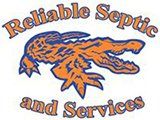
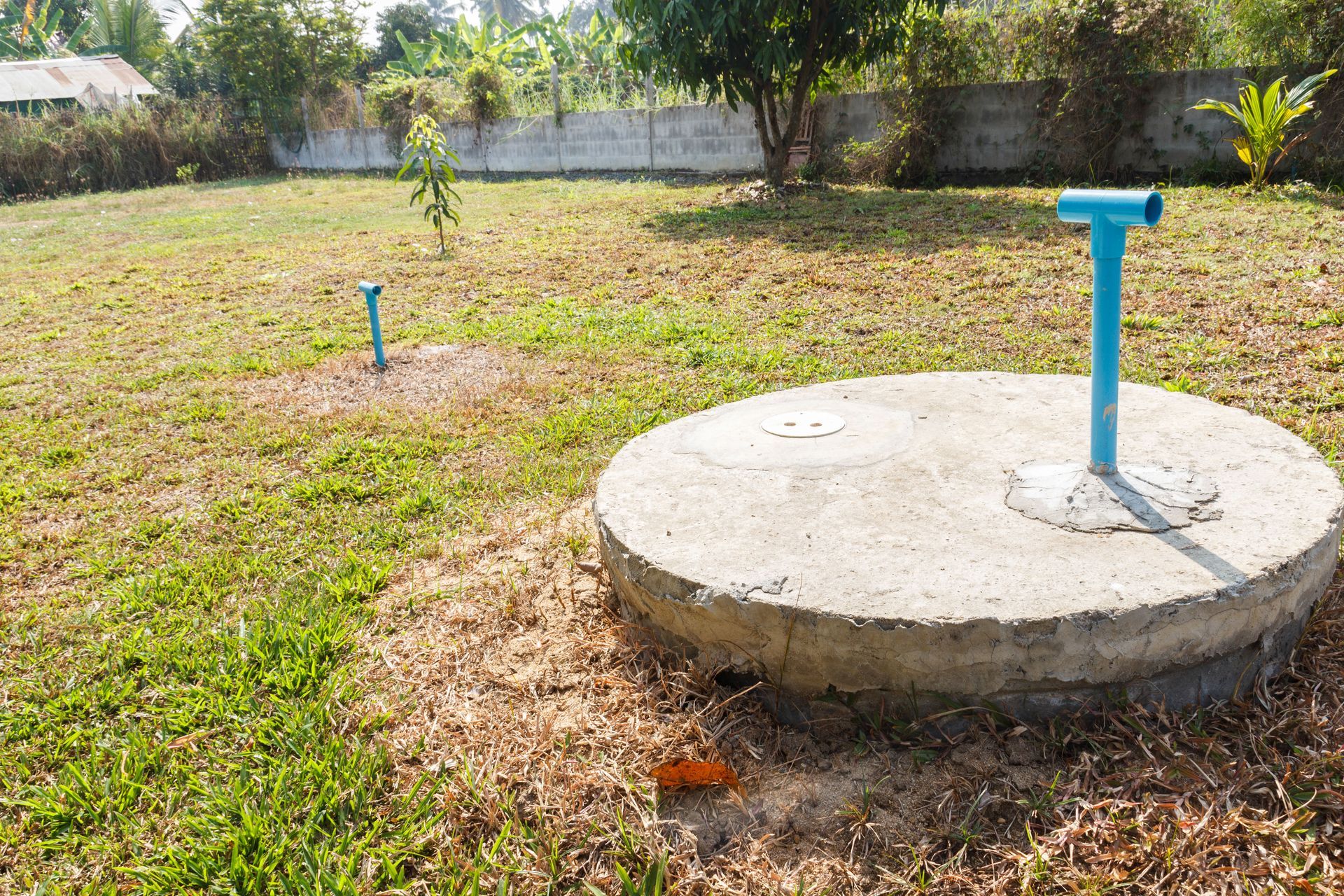
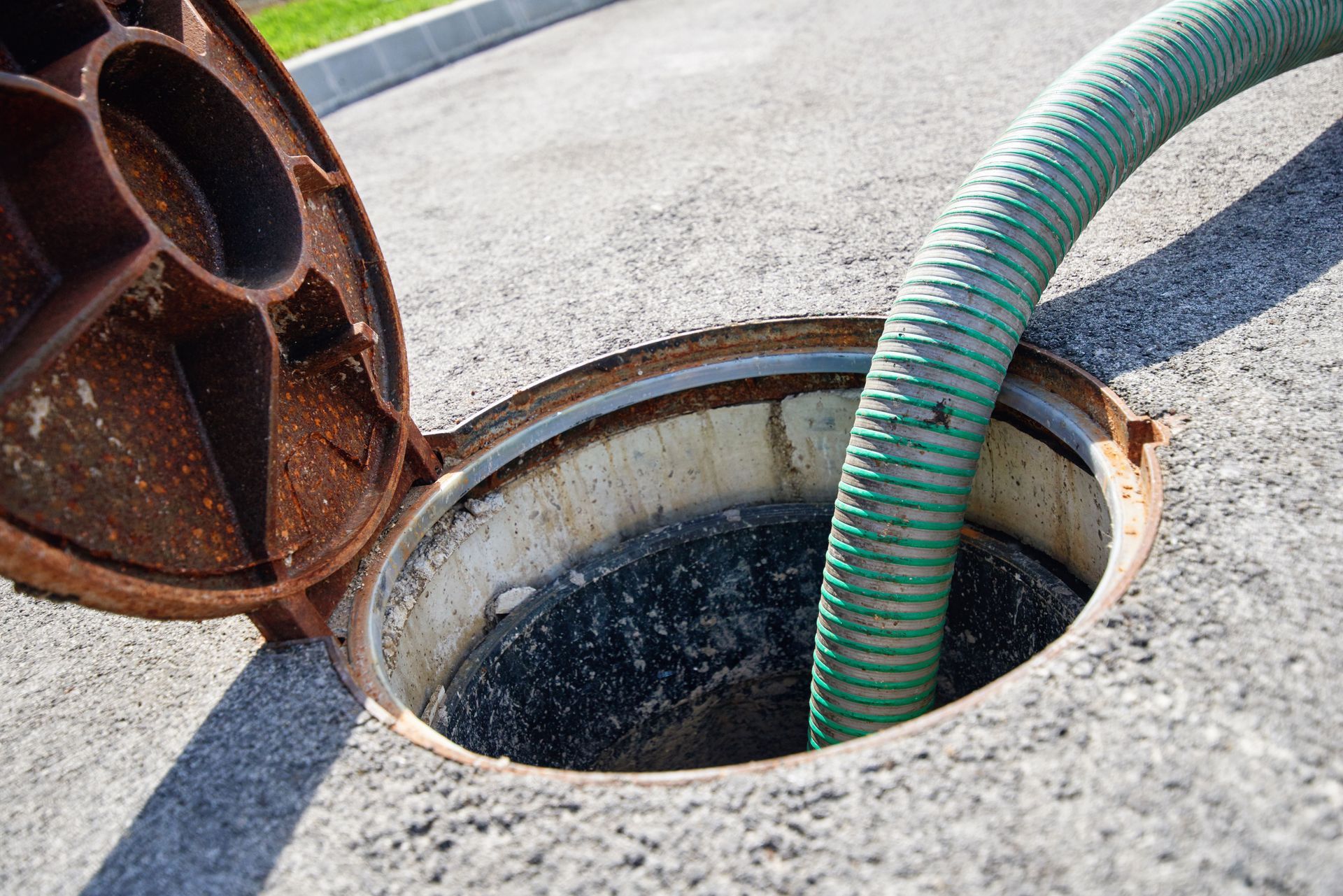
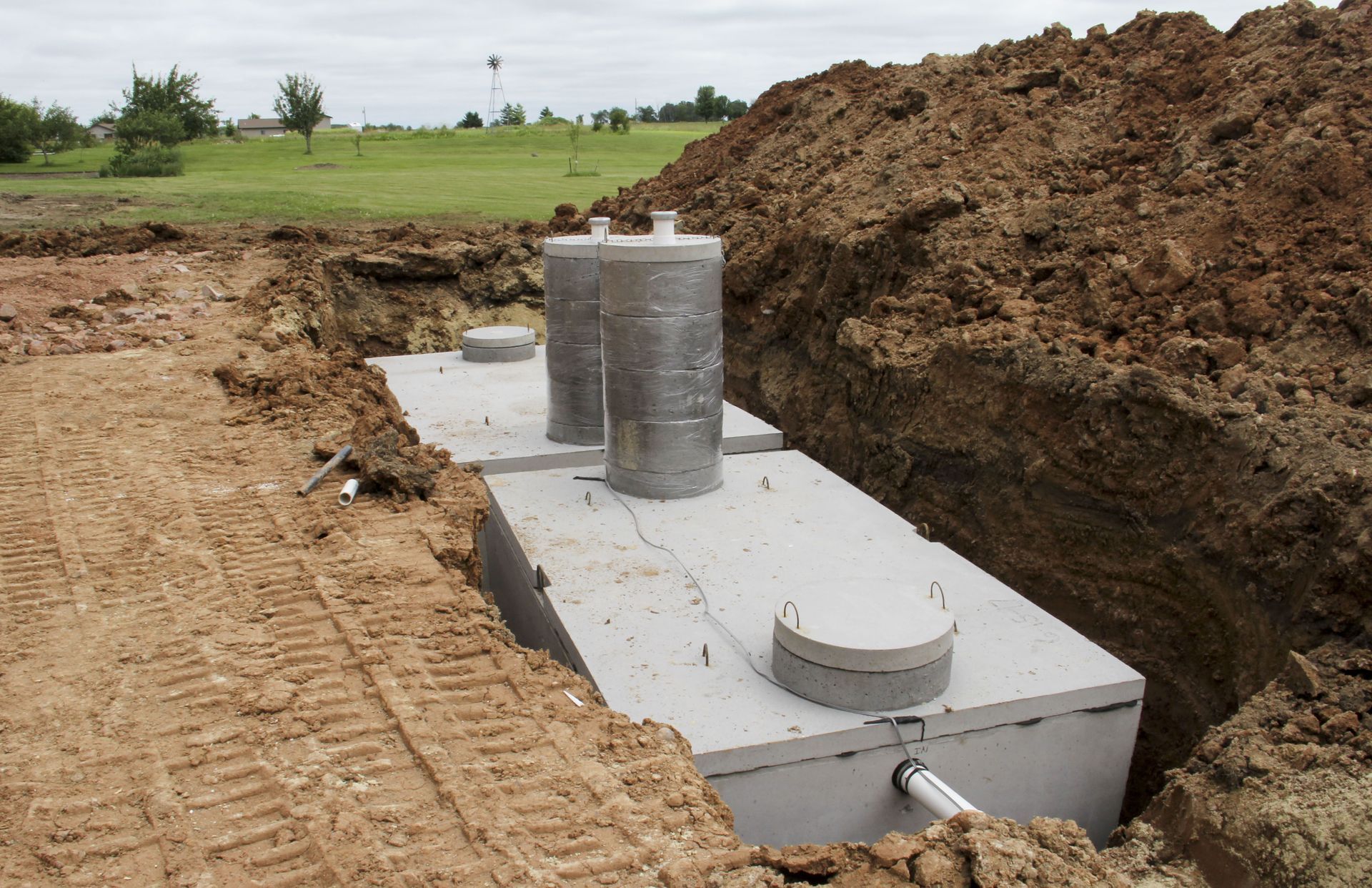
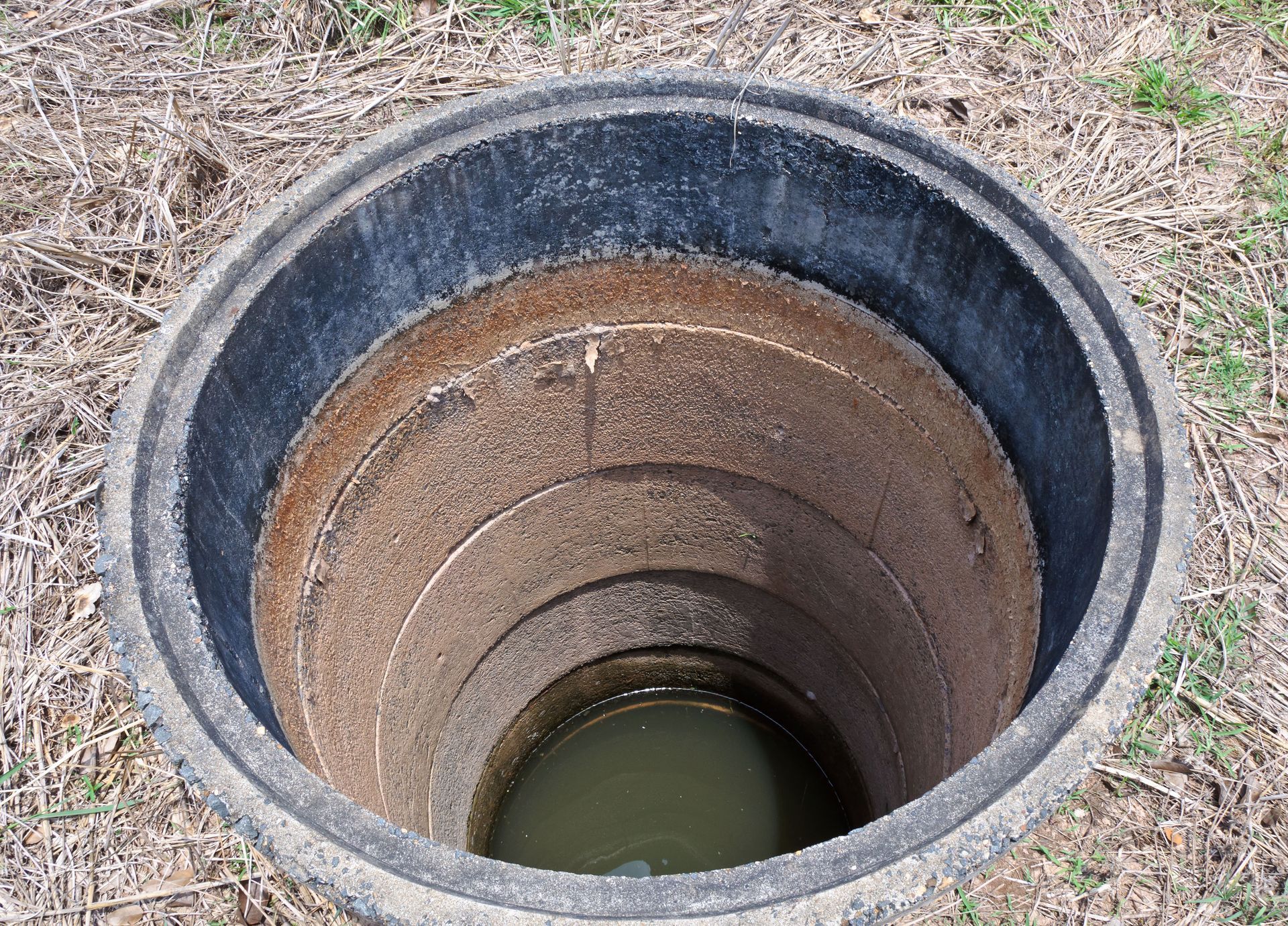
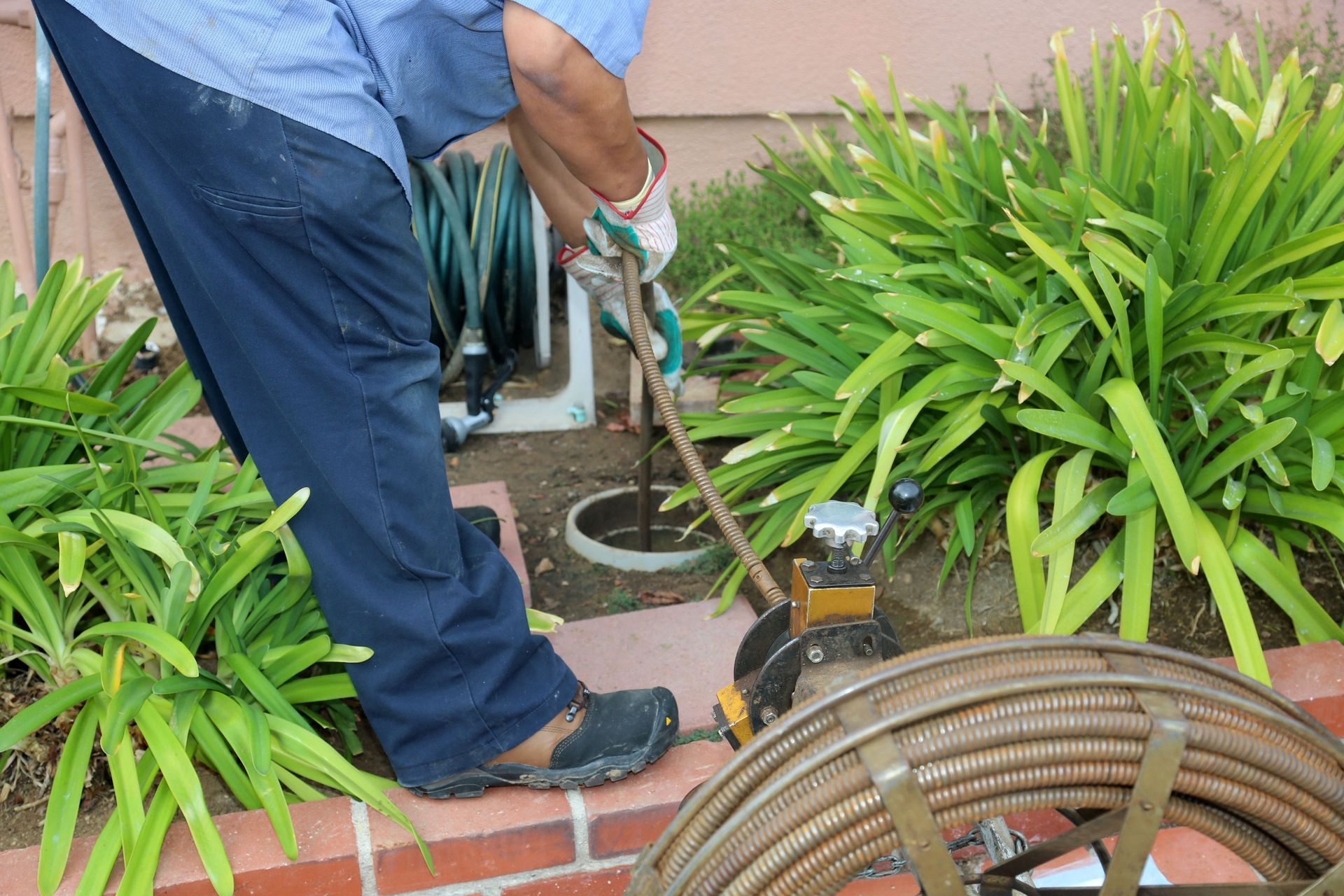
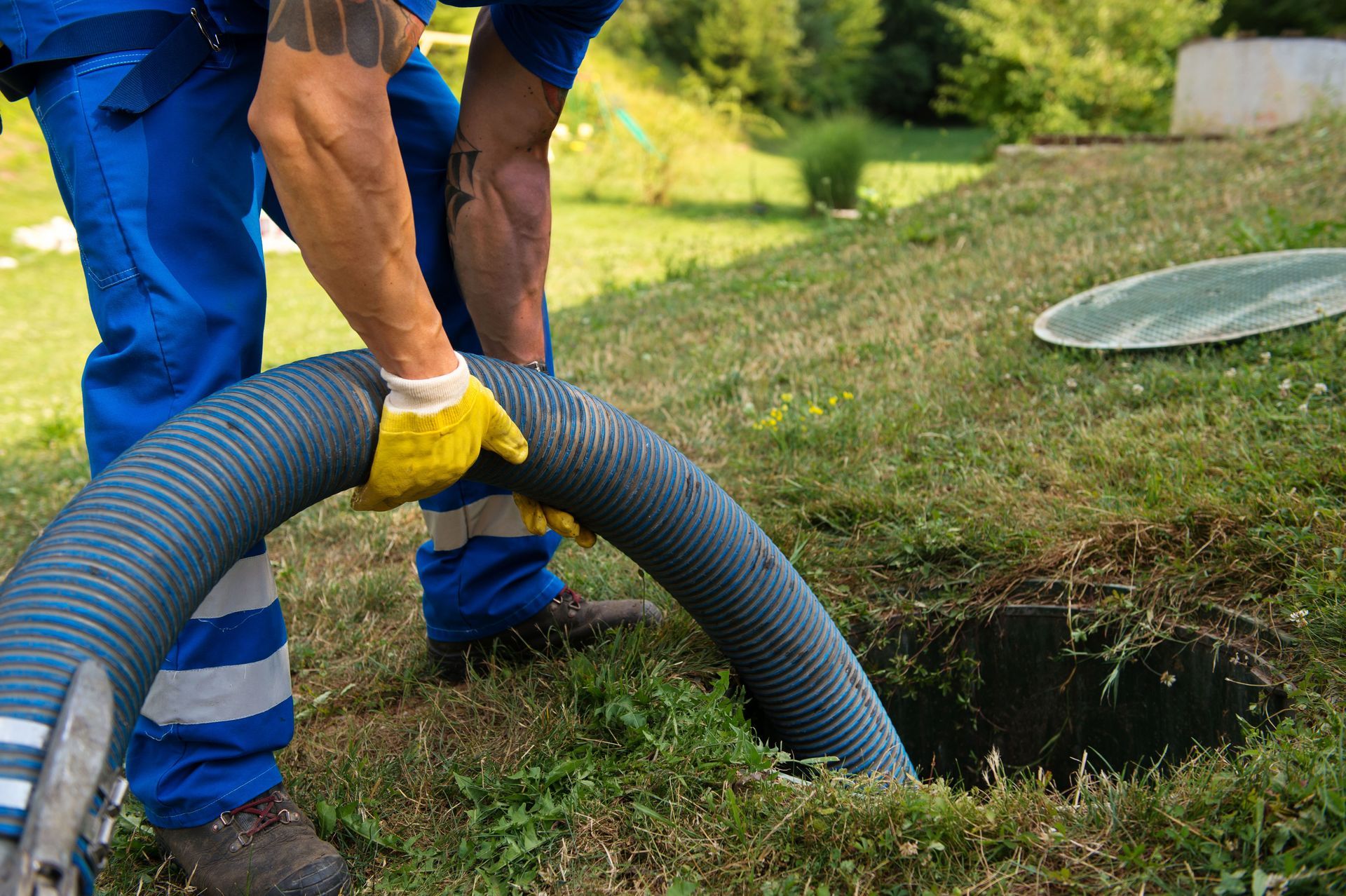
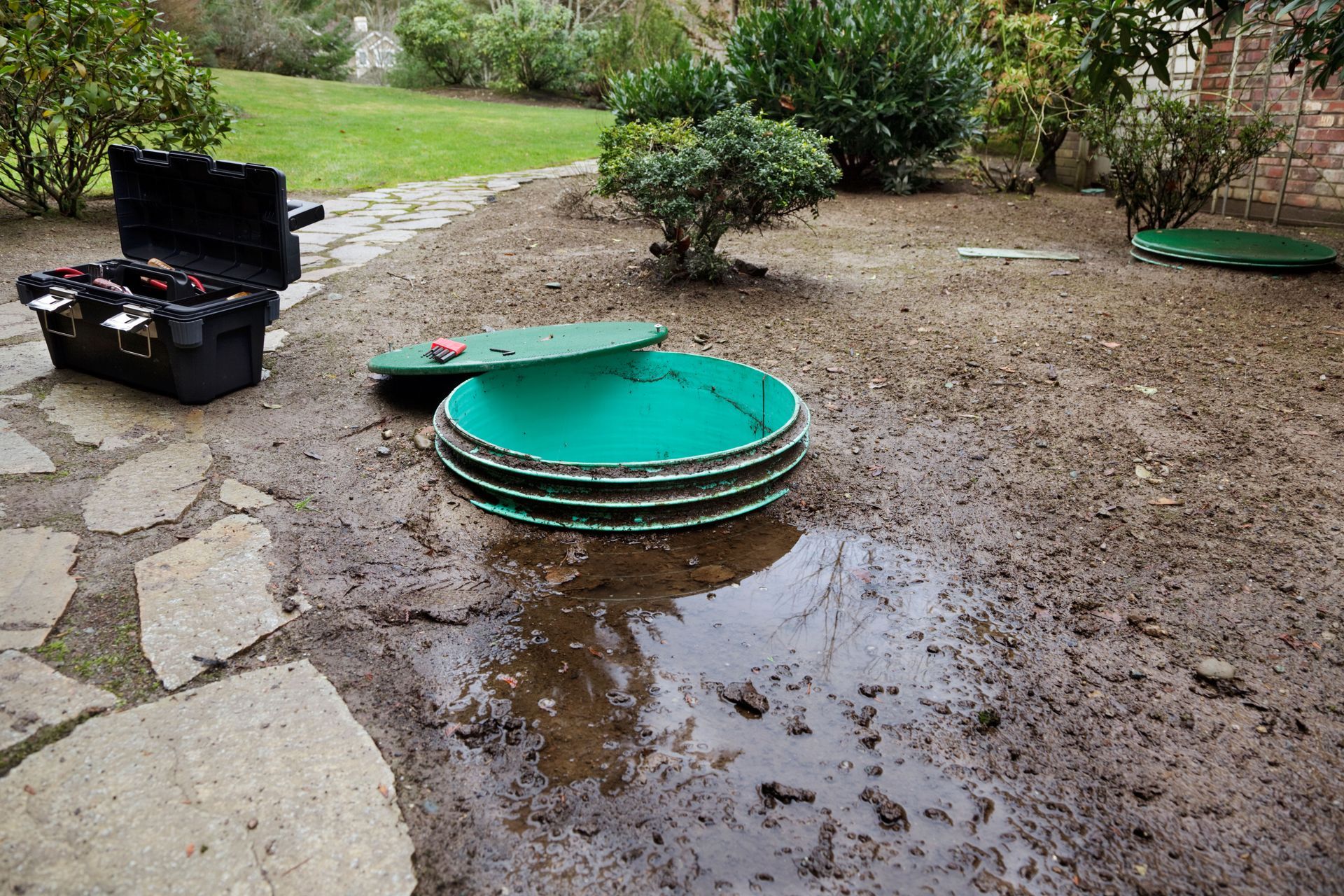
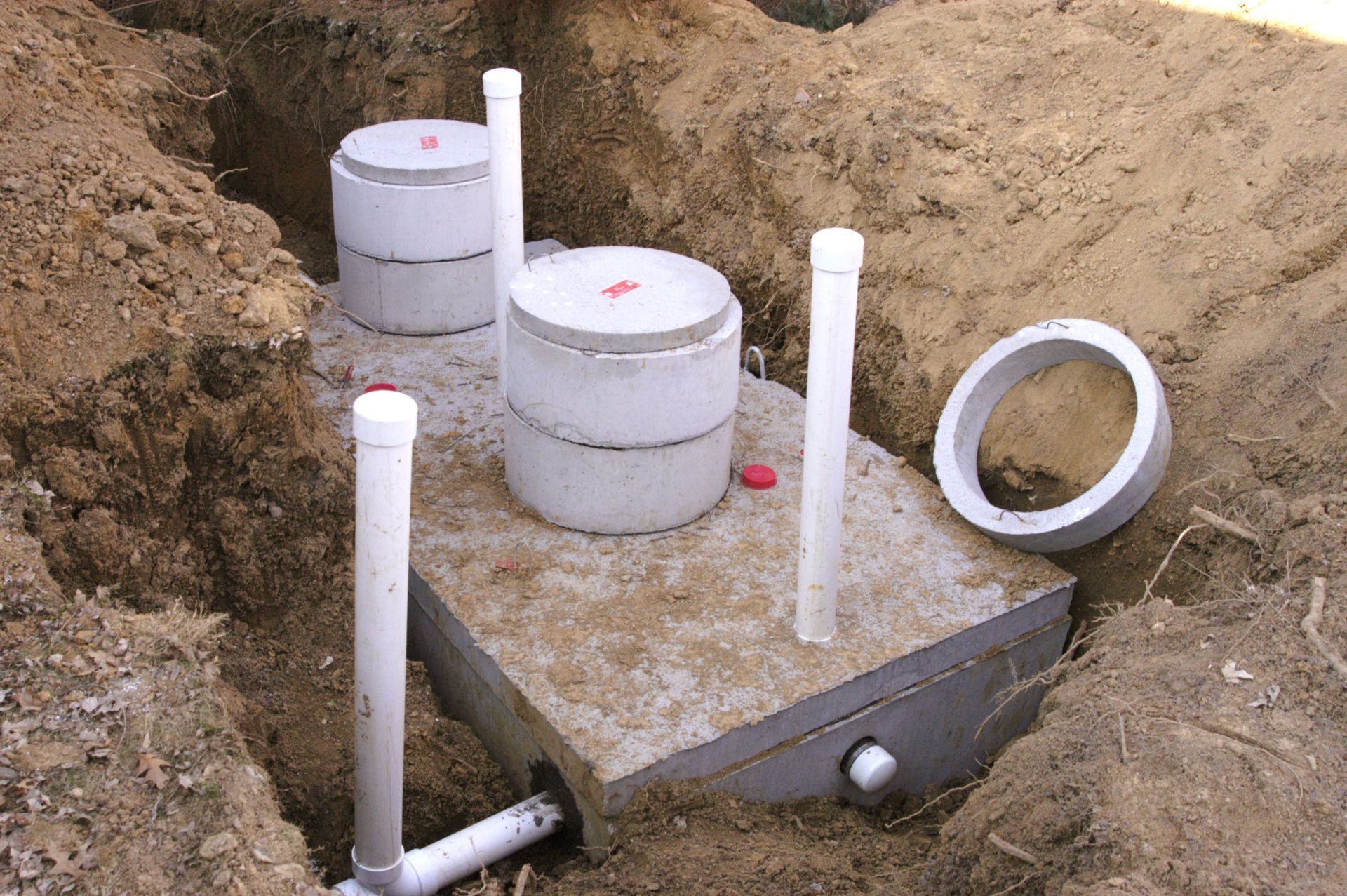
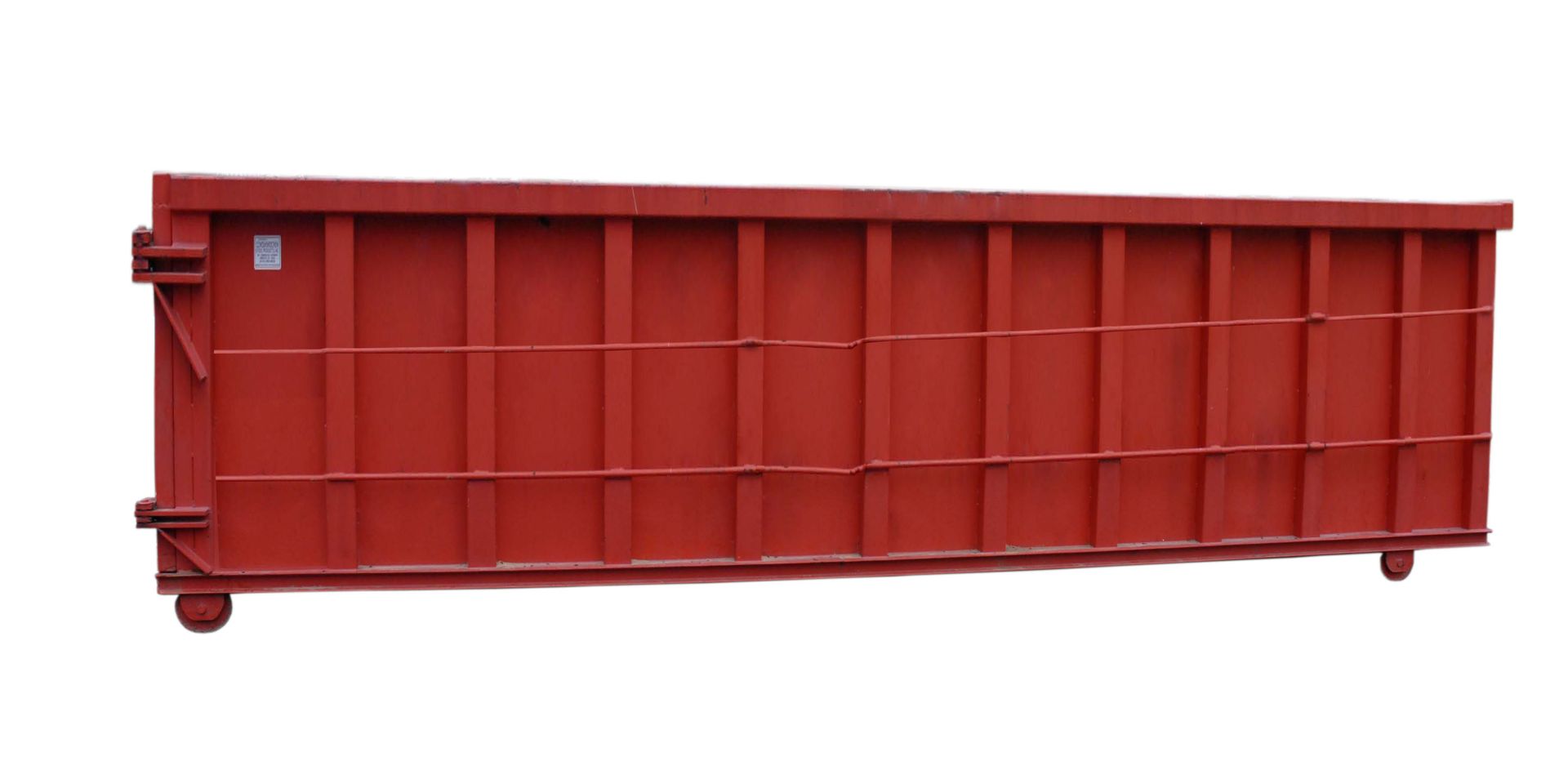
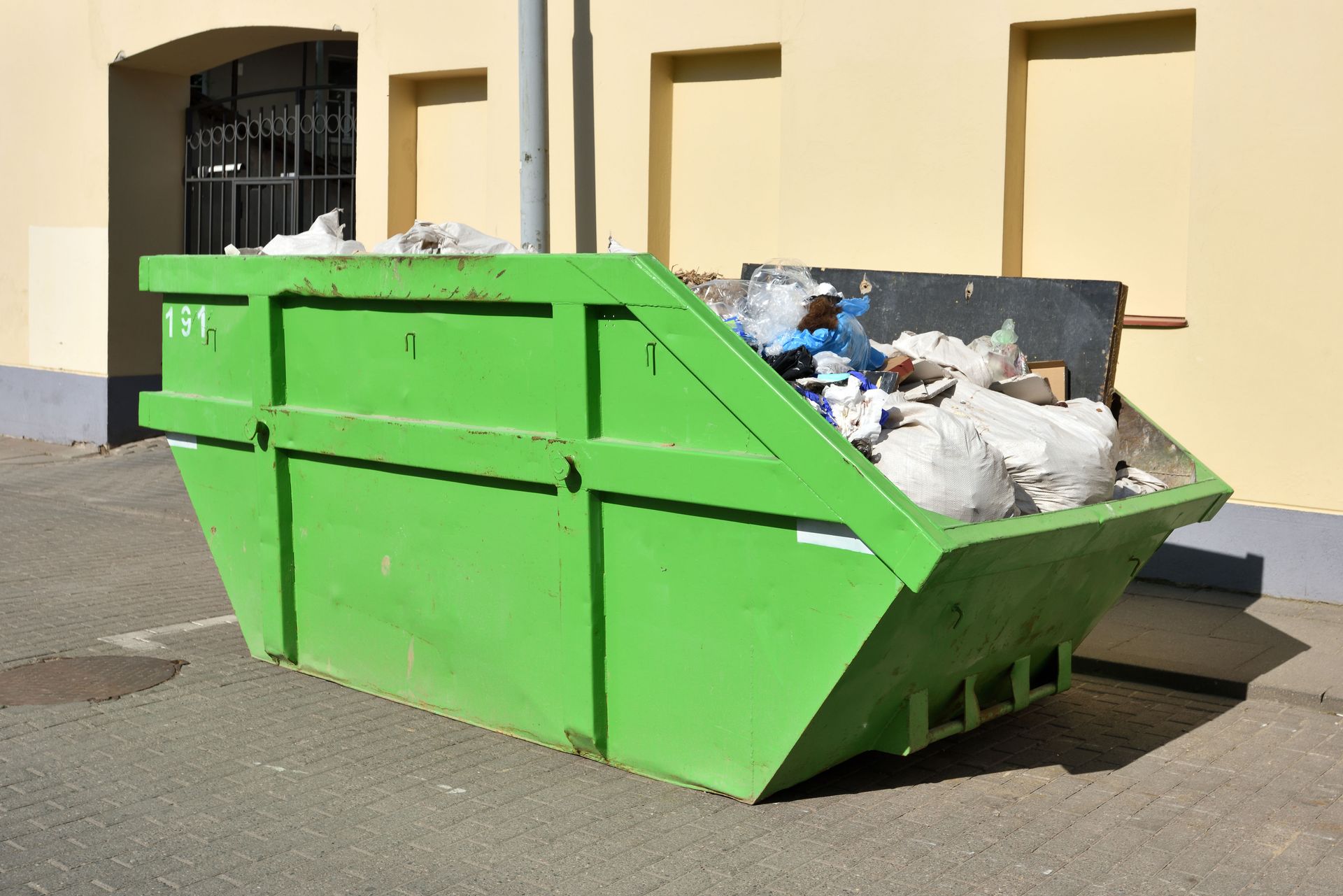
Share On: